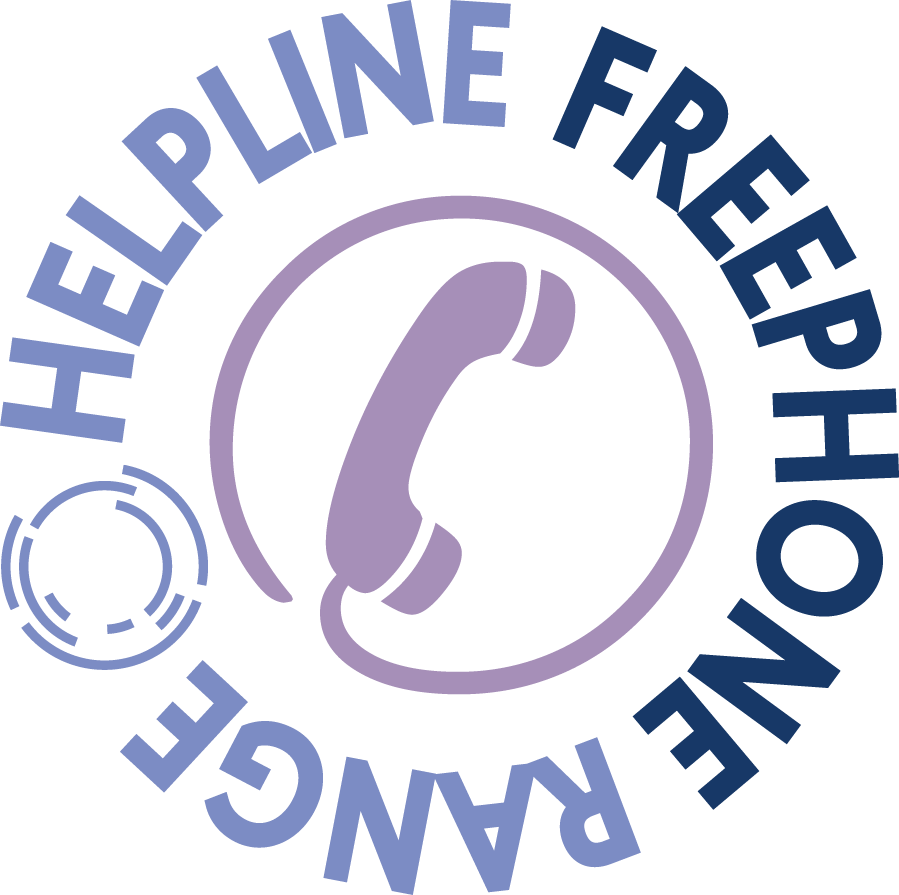A new report published today by England’s National Child Mortality Database (NCMD) finds that almost a fifth of infant and child deaths are sudden, unexpected, and have no immediately apparent cause. Of these, less than half can be explained even after all investigations are complete and a detailed review has taken place.
The report, which is a collaborative work from scholars at the University of Bristol, medical practitioners, The Lullaby Trust, SUDC-UK and Elliot’s Footprint, is the first time data has been collected nationally about all unexpected child deaths, and shows that of these, many remain without a cause. The report also found that sudden and unexplained deaths were associated with particular circumstances.
In infants under 1, unexplained death was significantly more likely to affect children in the most deprived neighbourhoods (where 42% of such deaths occurred) than those in the least deprived (where only 8% occurred). They were strongly associated with low birthweight, prematurity, multiple births, larger families, admission to a neonatal unit, maternal smoking during pregnancy, young maternal age, parental smoking and parental drug misuse.
Jenny Ward, CEO of The Lullaby Trust and author of the report, said: “This report is hugely important to our work in both preventing babies from dying and supporting bereaved families. We thank all those families who have shared their heartbreaking stories for the report, and offer our support to anyone whose baby or young child dies suddenly or unexpectedly. We remain committed to reducing the number of babies dying, and it is vital that all parents and carers are given safer sleep advice, both before and after a baby is born, that is personalised to the individual circumstances of each family and takes into account the challenges they face.”
The unexplained deaths of infants were also associated with particular sleeping arrangements. The vast majority of unexplained deaths (98%) occurred when the infant was thought to be asleep. Over a third of infants (38%) were found on their front and nearly half the infants (47%) were found sharing a sleeping surface in hazardous circumstances (on a sofa or with an adult who had consumed alcohol, drugs or smoked).
Professor Peter Fleming, a lead author on the report and Professor of Infant Health at the University of Bristol, said: “This report represents a new milestone in responding to sudden and unexplained deaths. It’s the first national report to look at a population level at all those deaths – infants and children, those that remain unexplained and those where the causes become clear with time. It shows us more clearly than ever the need to ensure that infants sleep safely, that unexplained deaths in older children are better understood, and that support is given to make sure all families – especially the poorest – can create a safe environment for their children.”
Read the report in full at https://www.ncmd.info/sudic
For more information about how we support families, head to our Bereavement Support page.
For more information about safer sleep and reducing the risk of SIDS, head to our safer sleep page.

